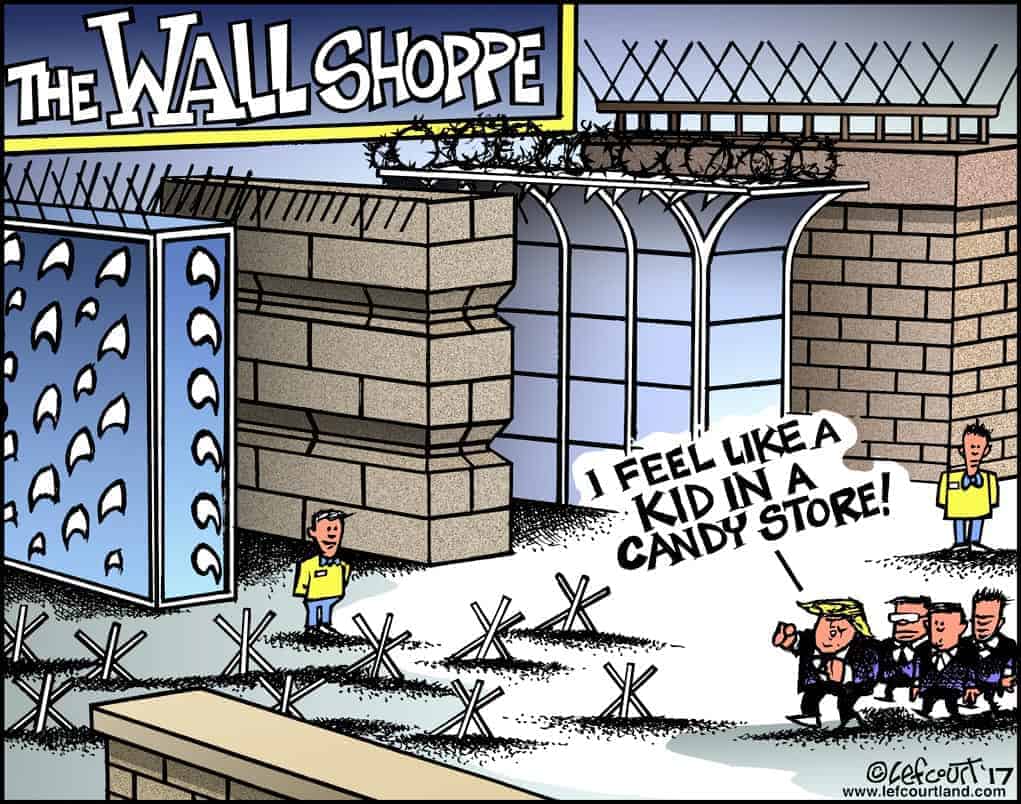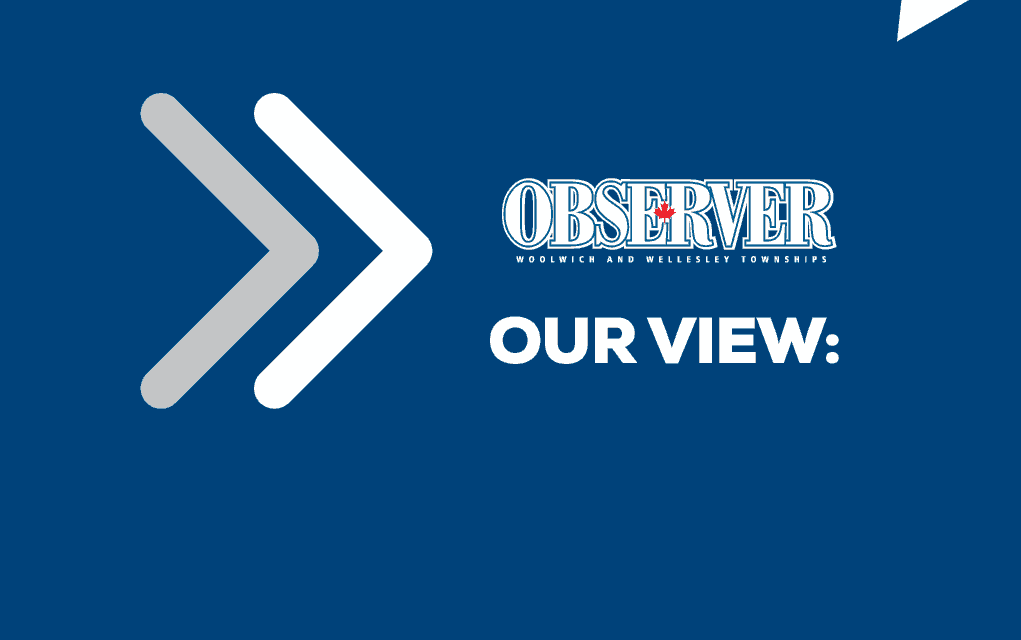;
;
;
Next Article
Lefcourtland – February 2, 2017

Take care of the pennies, and the pounds will take care of themselves. A somewhat shop-worn admonition to the virtue of thrift, but the sentiment is true nonetheless. It’s especially applicable to politicians, who are ever keen to spend all of the pennies, pounds, dollars, drachmas … whatever they c
Last updated on May 04, 23
Posted on Feb 02, 17
2 min read
